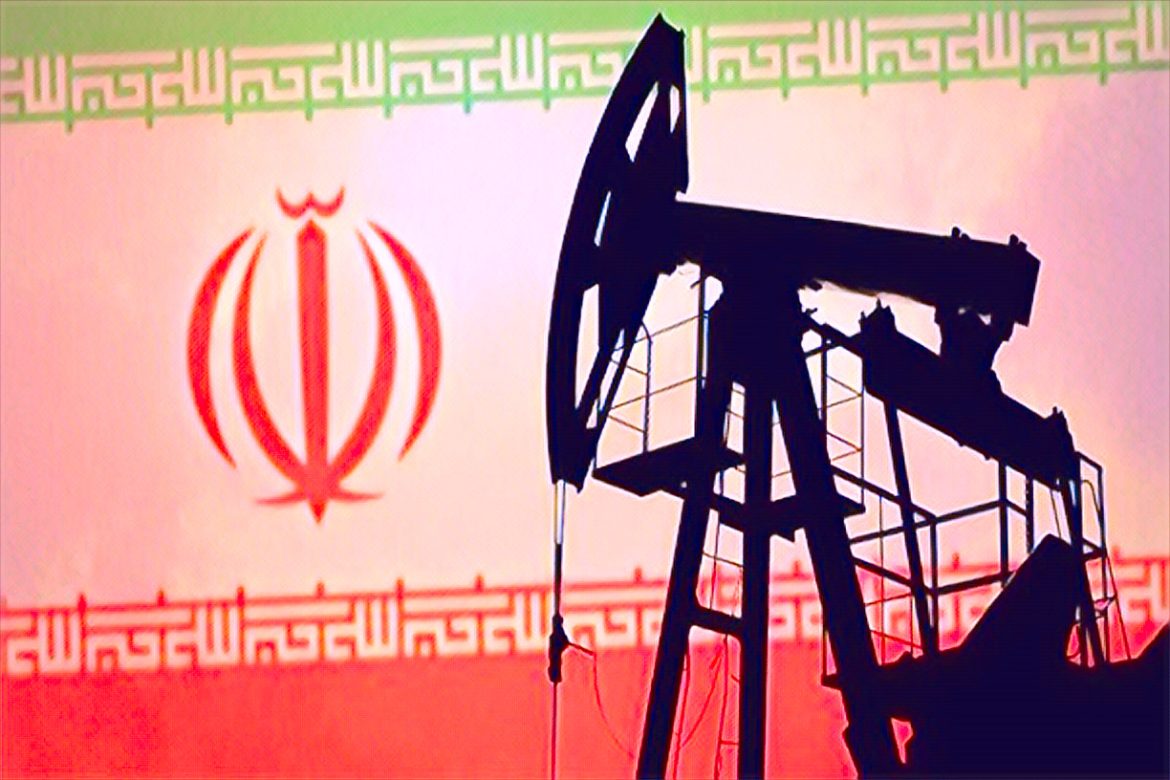KEY POINTS
- Iran vows oil exports to China will continue.
- European powers push UN snapback sanctions on Tehran.
- U.S. pressure adds to Iran’s growing isolation.
Iran is brushing aside the looming return of United Nations sanctions, declaring it will continue shipping oil to China, its largest and nearly only buyer. The statement comes as European powers push to revive measures tied to the 2015 nuclear deal.
Snapback sanctions threaten Iran’s oil exports
France, Germany, and the UK triggered a 30-day process in late August that could restore UN sanctions on September 27. The move follows growing frustration with Iran’s refusal to grant inspectors access to nuclear sites, explain its rising uranium enrichment, and rejoin talks with Washington.
The Joint Comprehensive Plan of Action, or JCPOA, included a “snapback” mechanism that allows any participant to reimpose sanctions in the event of “significant non-performance.” The three European countries argue Iran has crossed that threshold.
The United States, which quit the deal under President Donald Trump in 2018, has already escalated pressure. Sanctions targeting oil exports remain central to Washington’s campaign to block Tehran from developing nuclear weapons. That effort has intensified in President Joe Biden’s second term.
China remains Iran’s main oil lifeline
Despite those restrictions, Iran has found ways to keep crude flowing to Asia. Nearly all of its barrels end up in China, though official customs data show no direct imports since 2022. Instead, tankers often move oil through multiple transfers and “shadow fleet” vessels blacklisted by the U.S. Treasury.
Iranian Oil Minister Mohsen Paknejad dismissed the impact of new measures. “They will continue, we have no problem,” he said, referring to Iran’s oil exports to China. He argued that years of U.S. sanctions have already created such severe obstacles that additional UN penalties will not change much.
Paknejad’s comments highlight how Tehran sees Beijing as an indispensable partner in weathering global isolation. For China, heavily discounted barrels provide an attractive energy source as it manages slowing growth and volatile global markets.



